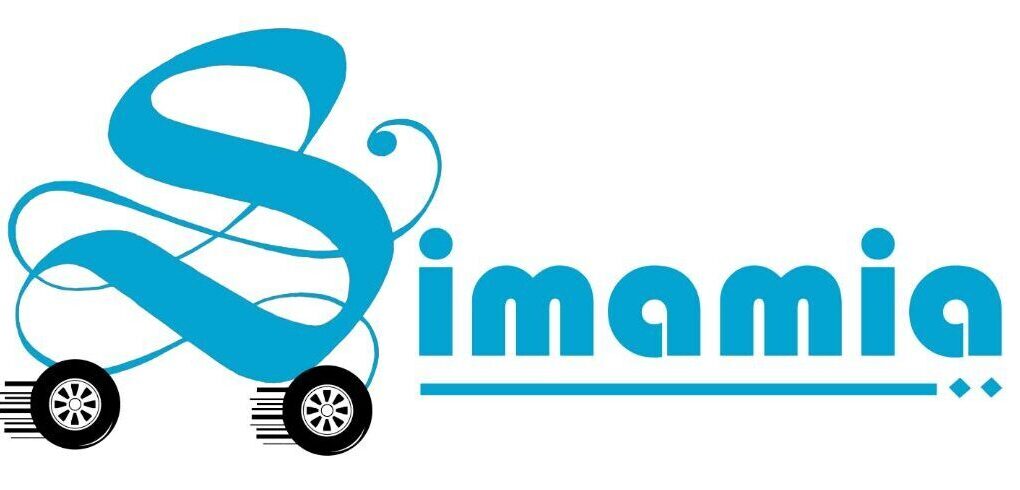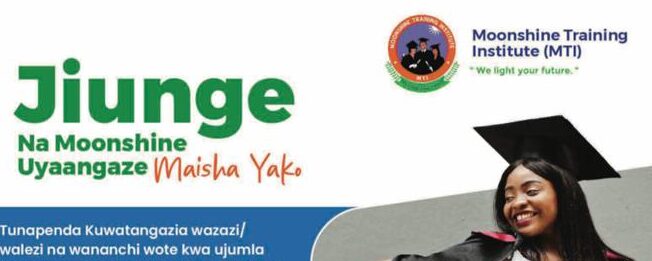Pamoja Tunaweza means Together, We can. What a beautiful phrase and so befitting to many circumstances today. Pamoja Tunaweza started out as a women’s shelter in an area called Rau, in the town of Moshi in 2008. Over the years, the focus of the centre has changed as the needs of the people in the area have changed. Pamoja Tunaweza now functions as a health clinic. It provides medical care at an affordable price to women and men in Rau as well as the surrounding areas in Moshi. In addition to the health clinic, the centre supports several healthcare research projects.
As part of my internship, i was involved with the healthcare research projects at Pamoja Tunaweza. One of the projects I was working on was a cervical cancer screening project. Cervical cancer is on the rise in Tanzania and because a large percent of the work force in the country is women, cervical cancer screening has drawn a lot of attention. Our project’s goal was to determine how women seek and access cervical cancer screening and treatment. My role was to assist with translations since I am fluent in Swahili (the local language of Tanzania). As we interviewed women at various healthcare facilities in the region, I gained a unique insight into their lifestyles and their healthcare needs. As a woman I know that we have been second class citizens of many nations. Tanzania is no different in that aspect. Historically, it has been difficult for women to access primary healthcare services due to the lack of resources and funds. However, due to a large and rising interest in women’s health these days, healthcare services in many facilities we visited have improved. Additionally, because of Tanzania’s first Lady, Kikwete’s interest in women’s health, cervical cancer screening services are provided at no cost to young mothers.
There is a law in Tanzania that pregnant women get care and treatment at government hospitals at no cost. The local government provides for their expenses. This is, especially, encouraging for village women who would, otherwise, not be able to cover their expenses. On the other hand, I have observed that foreign aid plays a big role in healthcare advancements in Tanzania as well. I have observed the increase of health education posters in rural hospitals. The posters convey complex messages about prevention, care, and treatment of illnesses, in a simple and understandable format. Most of the funding for such posters comes from foreign agencies like the United States Agency for International Development. While i believe these are great initiatives for foreign agencies to support, I hope, eventually, the local government will start investing in such initiatives as well.
When I was not out at local hospitals conducting interviews, I was at the centre where I would interact with my colleagues at Pamoja Tunaweza. One of the most appealing things about Pamoja Tunaweza is its effort to employ local and international staff members. Although the centre is fully-supported by funds from Canada due to the efforts of the supervisor, Dr. Karen Yeates at Queens University, it does a great job of employing local Tanzanians. I believe such a collaboration is healthy as it ensures constant cultural exchanges while continuously providing quality healthcare to the local population.
I thoroughly enjoyed my work at Pamoja Tunaweza and understand the importance of our work. Their website is www.pamojatunaweza.com so visit it for more information.
As always, please send me any questions or thoughts you may have at RupalRShah@aol.com.


Recent Comments